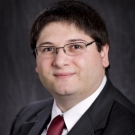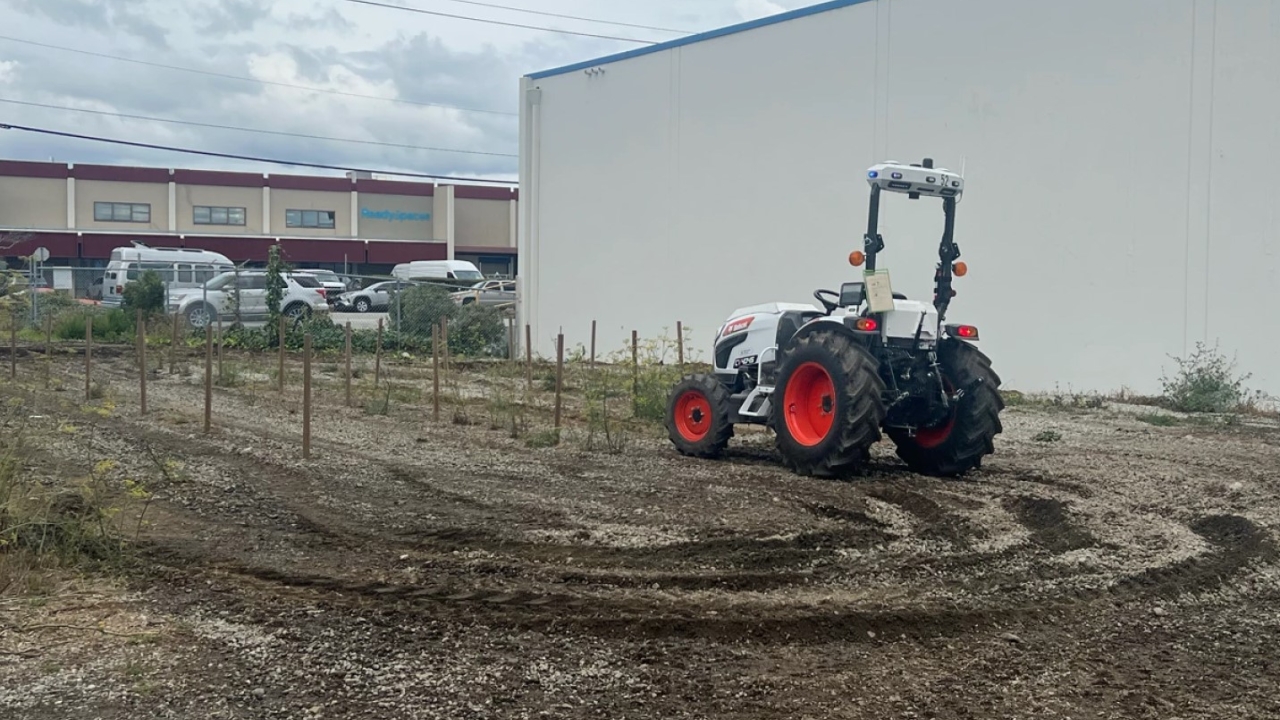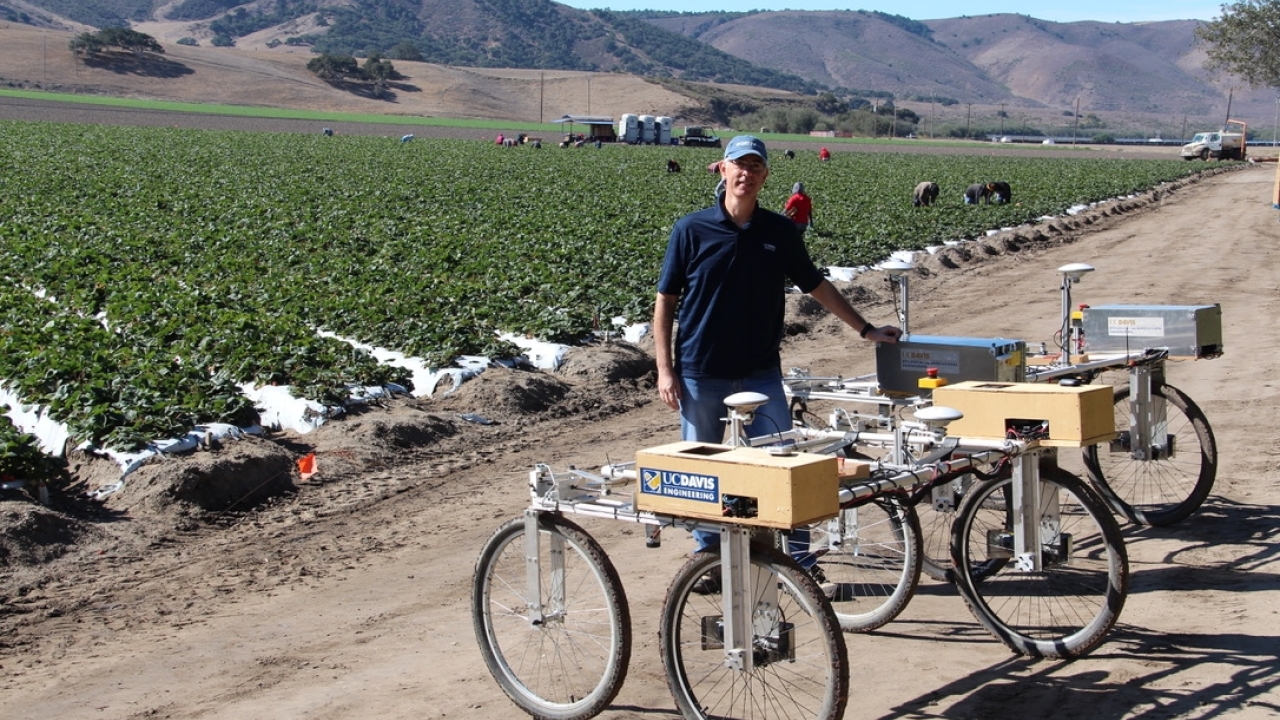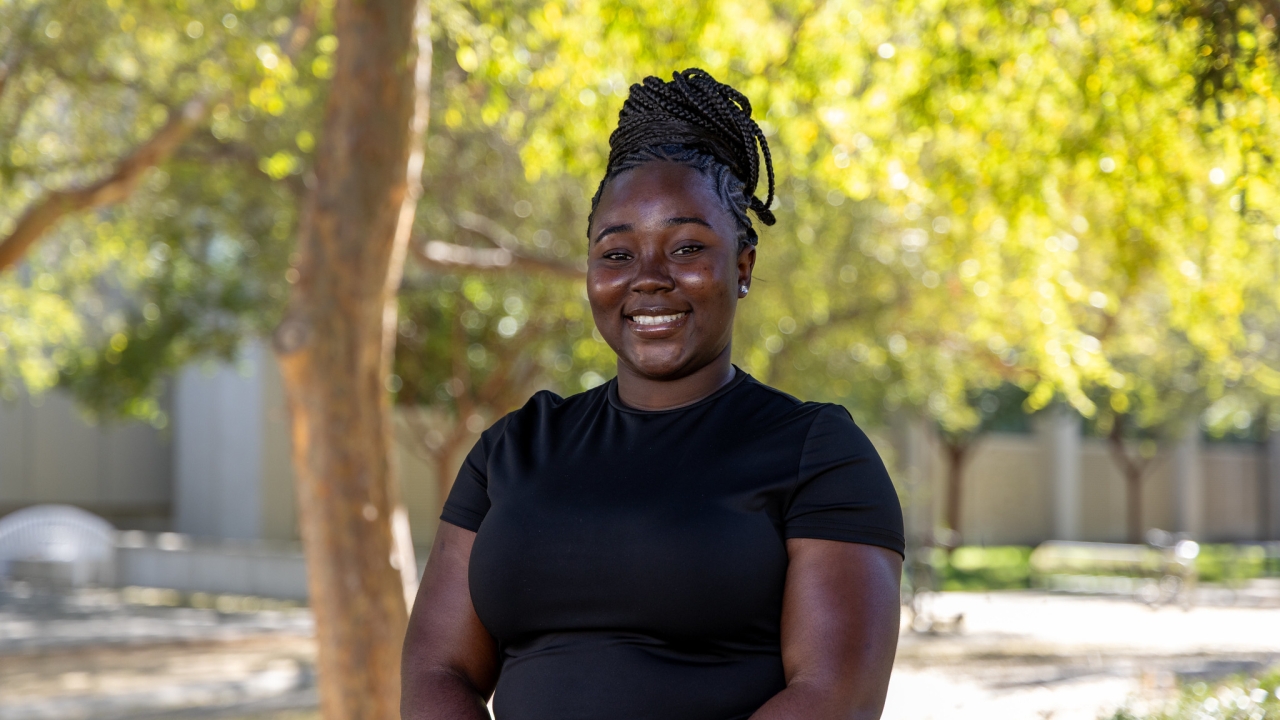UC Davis Researchers Awarded Aggie Climate Action for Equity (ACE) Grants to Lead Innovations for Climate Change Solutions
The State of California, through the University of California Office of the President, has granted $1 million for the Aggie Climate Action for Equity (ACE) initiative to enable the transition of early-stage climate-based projects to the next phase of tangible development.
By amplifying the number and quality of translational and proof-of-concept pilot projects emerging from the University of California, Davis, the ACE grants could play a tangible role in climate change mitigation, resilience and adaptation. The ACE program is managed by Venture Catalyst, under the Office of Research.
For the fiscal year 2024-25, seven projects were selected, four from the College of Engineering, and the recipients received up to $90,000 each to advance action-oriented clean-tech innovations to positively impact California’s communities vulnerable to the effects of climate change.
“The range of solutions being pursued by the recipients highlight the bold thinking of our faculty and exciting possibilities for our future,” said Simon J. Atkinson, vice chancellor for research at UC Davis. “The investment by the state in advancing these solutions is critical and will continue California’s leadership in responding to climate change with innovative mitigations.”
Recipients of the 2024-25 ACE grants in the College of Engineering
Net-zero Greenhouse Crop Production with Climate-smart Solar Screen
Shamim Ahamed, Assistant Professor of Biological and Agricultural Engineering

Greenhouse crop production has attracted more people recently as a climate-smart solution for growing year-round. In this project, Assistant Professor Shamim Ahamed from the Department of Biological and Agricultural Engineering and the team will investigate the proof-of-concept for designing a novel climate-smart PV screen for greenhouse integration to replace conventional shade screens. The proposed project will analyze the synergies with climate-smart PV screens to reduce energy and water demand and maximize power conversion efficiency without impacting yield. The project aligns with California’s climate action priorities, like building a climate-resilient economy and reducing greenhouse gas emissions with green energy and climate-smart agricultural practices. The specific activities are to model the development and optimization of the proposed smart PV screen, design pilot testbeds, and investigate the power conversion efficiency (PCE) and the crop performance regarding their biotic and abiotic stress and resource usage.
A Novel Homebuilding Technology for Affordable and Wildfire-Resilient Homes
Michele Barbato, Professor of Civil and Enviornmental Engineering
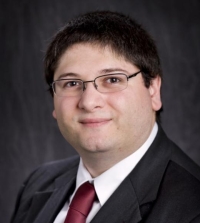
Barbato proposes to develop a technology that uses adobe, or rather its engineered form called compressed and stabilized earth blocks, to build houses that are affordable, sustainable and safe against multiple natural hazards, including hurricanes, tornadoes, earthquakes and wildfires. His innovations include advancements in material properties, construction techniques, numerical simulation models, and design and construction standards for earthen masonry. In California, where people have witnessed the largest and most destructive wildfires in recorded history, Barbato’s energy-efficient and eco-friendly means of construction offers a significant opportunity to address the effects of climate change. Since the materials are non-combustible by nature, they are resistant to any type of fires. Barbato’s research could be transformative for the homebuilding industry in the United States and worldwide for its ability to drastically reduce both carbon footprint and construction costs. It could also pave the way for constructing soil-based buildings in rural wildland-urban interface areas while addressing the housing needs of socially and economically disadvantaged groups.
A Novel Biofilter for Emission Mitigation and Ammonia Recovery from Dairy Manure
Hamed El Mashad, Researcher in the Department of Biological and Agricultural Engineering
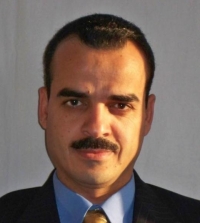
Legislation in California requires a 40% methane (CH4) emission reduction from 2013 levels by 2030. Lagoons emit over 80% of the emissions from dairy manure. Manure management technologies are employed to mitigate emissions. However, other technologies are needed to reduce emissions with nutrient recovery from manure.
Mashad’s project aims to design and evaluate a biofilter to reduce CH4 emissions and capture ammonium from manure. The objectives are to design and construct a biofilter using biochar, as an ammonium adsorbent and as a carrier for methanotroph, for emission mitigation; and to evaluate the performance of the biofilter by measuring the emissions of CH4 and ammonia (NH3) as well as the removal of ammonium from manure; and to conduct a cost analysis of the developed filter as a tool to reduce CH4 and NH3 emissions and produce biochar-rich ammonium for fertilizer purposes; and disseminate project results. The project is timely and important to achieve sustainable milk production.
Producing Bioplastic Products from Dairy Byproducts
Ruihong Zhang, Professor of Biological and Agricultural Engineering
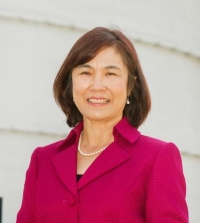
Zhang and team are developing environmentally friendly technology that may reduce the harmful effects of plastic use in the world. Zhang’s project will help transform California dairy and other agri-food industry into a climate-smart business and decarbonize plastic products by using dairy byproducts into high value bioplastics that can have wide food and non-food packaging and service applications. The new technologies will enable the development of distributed biorefinery and biomanufacturing facilities near dairy farms and processing plants, creating high value jobs in rural communities. The goal is to optimize and scale-up bioprocesses for producing Polyhydroxyalkanoates (PHA) from cheese whey and whey permeate and to create and evaluate PHA-based bioplastic food packaging products and determine the properties and functionalities of bioplastic products.


